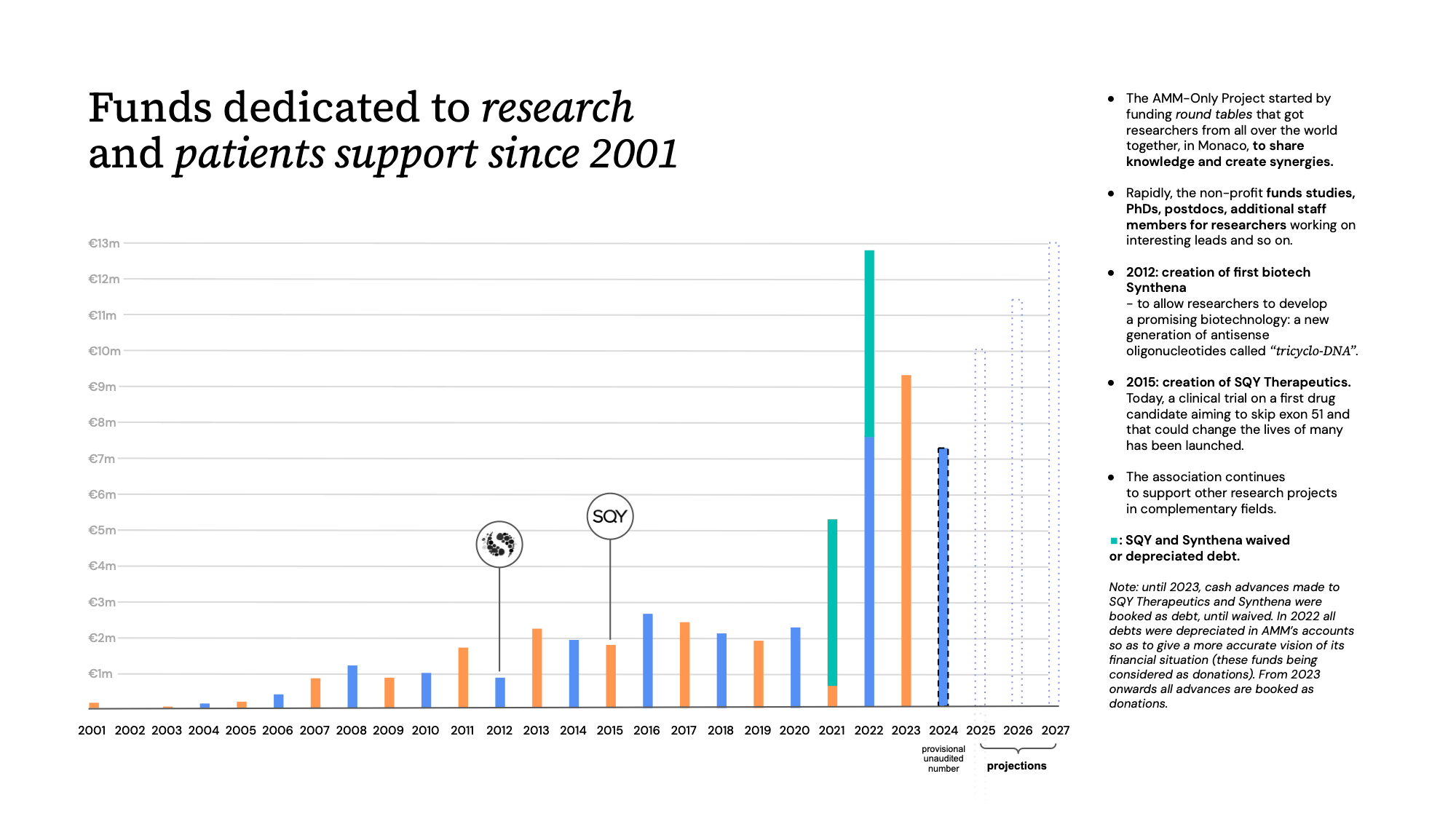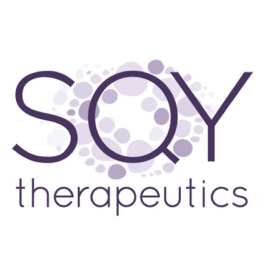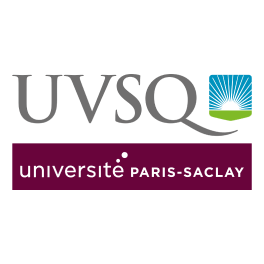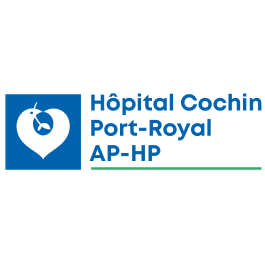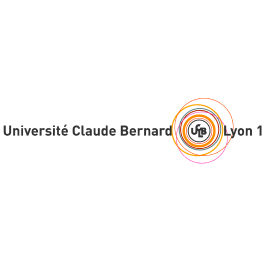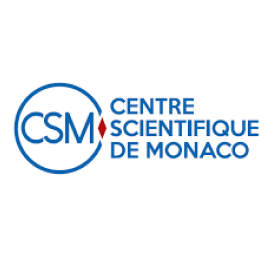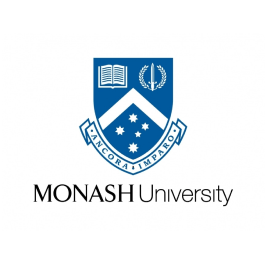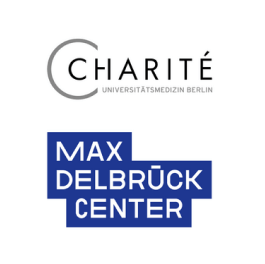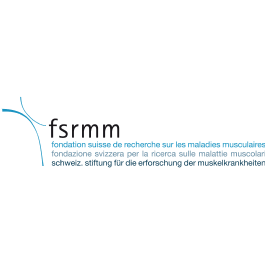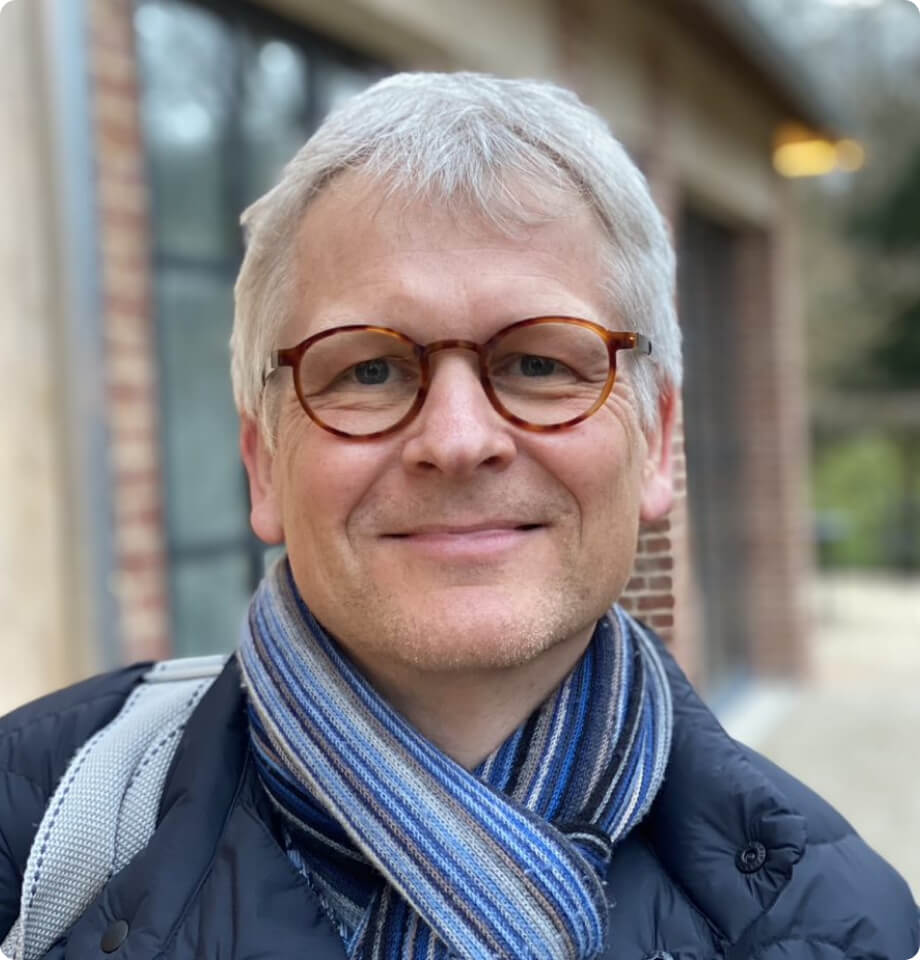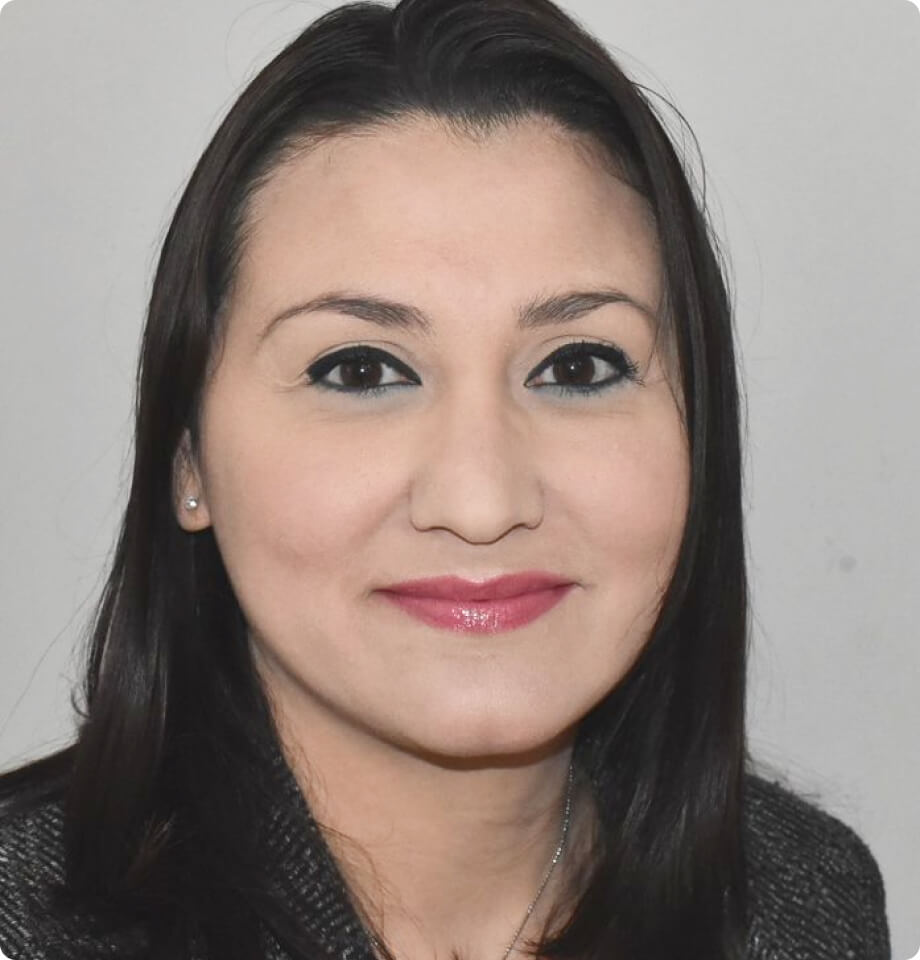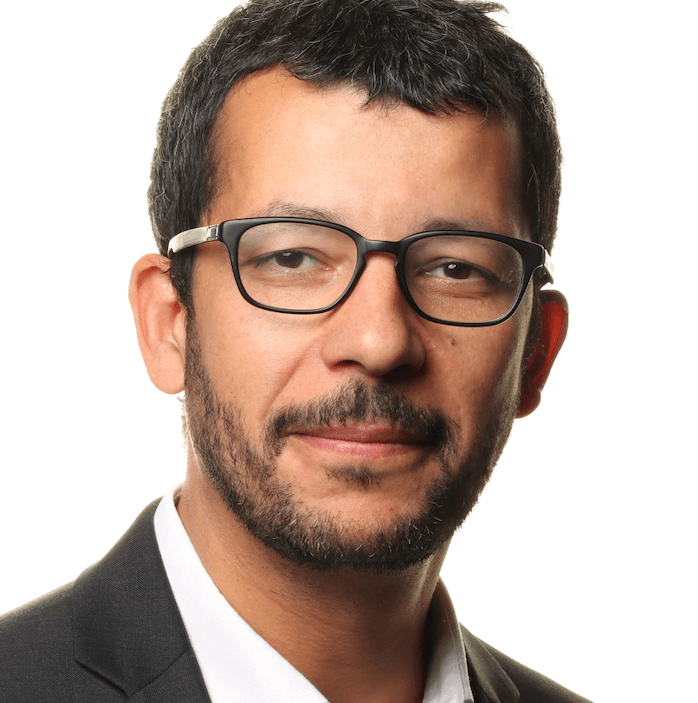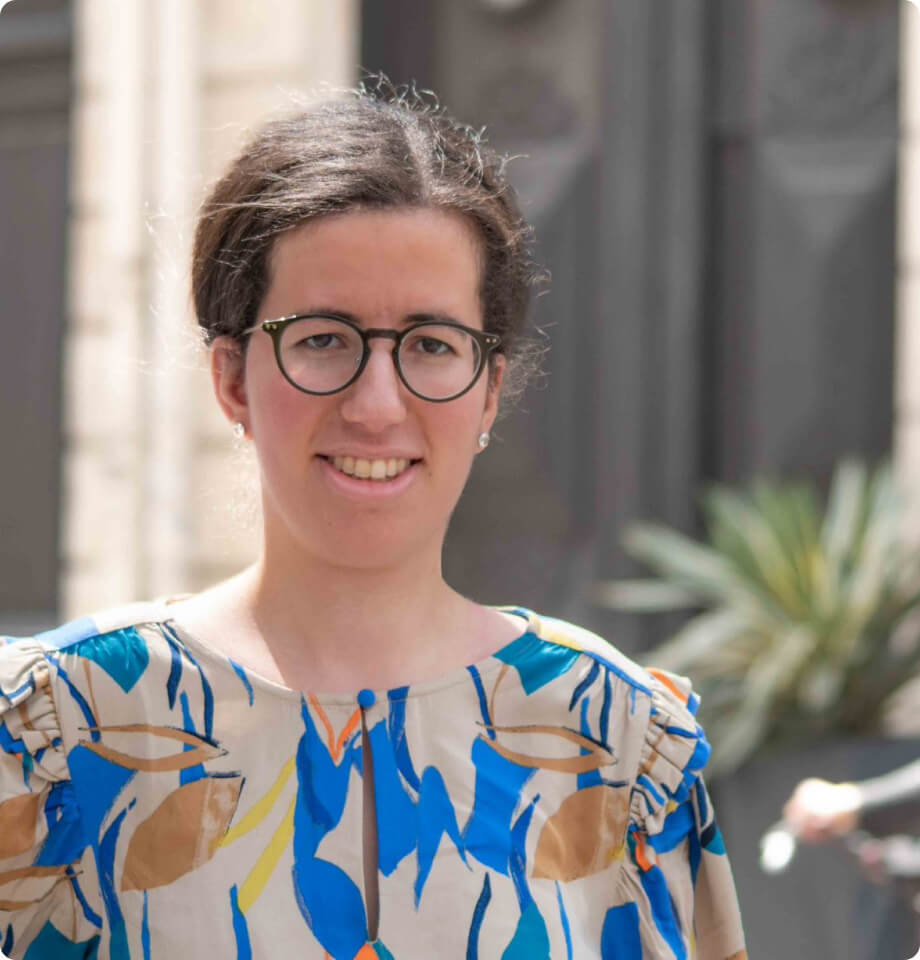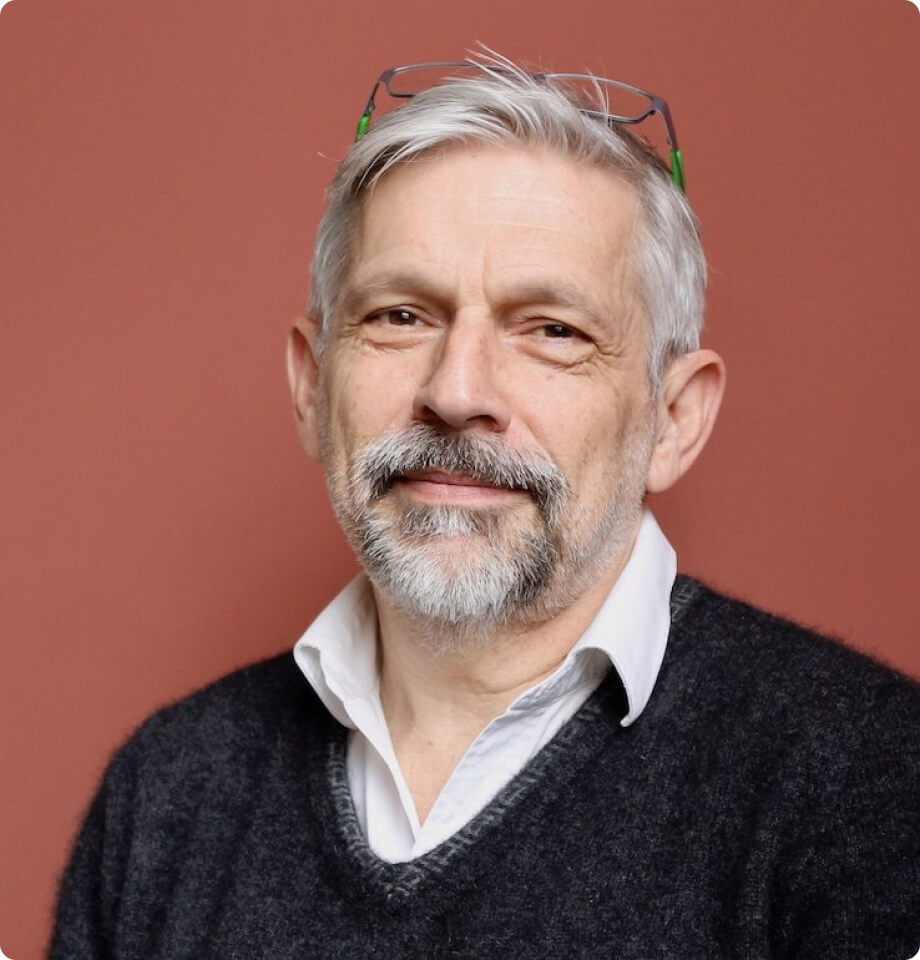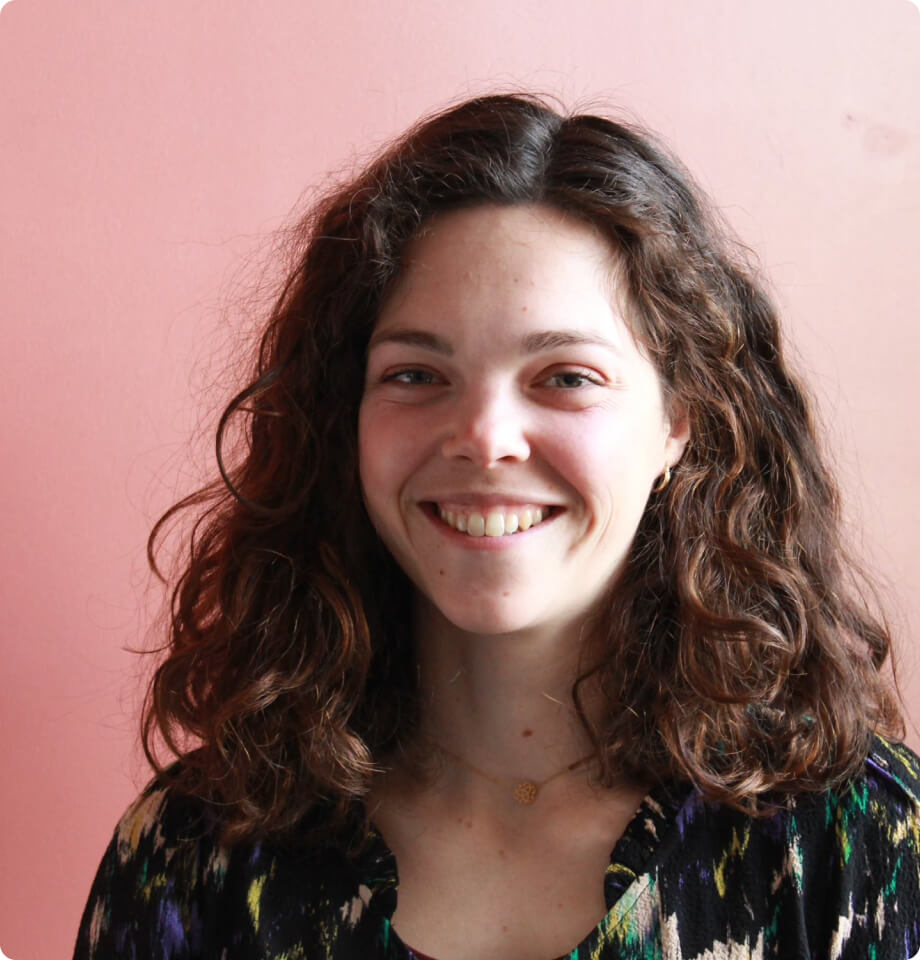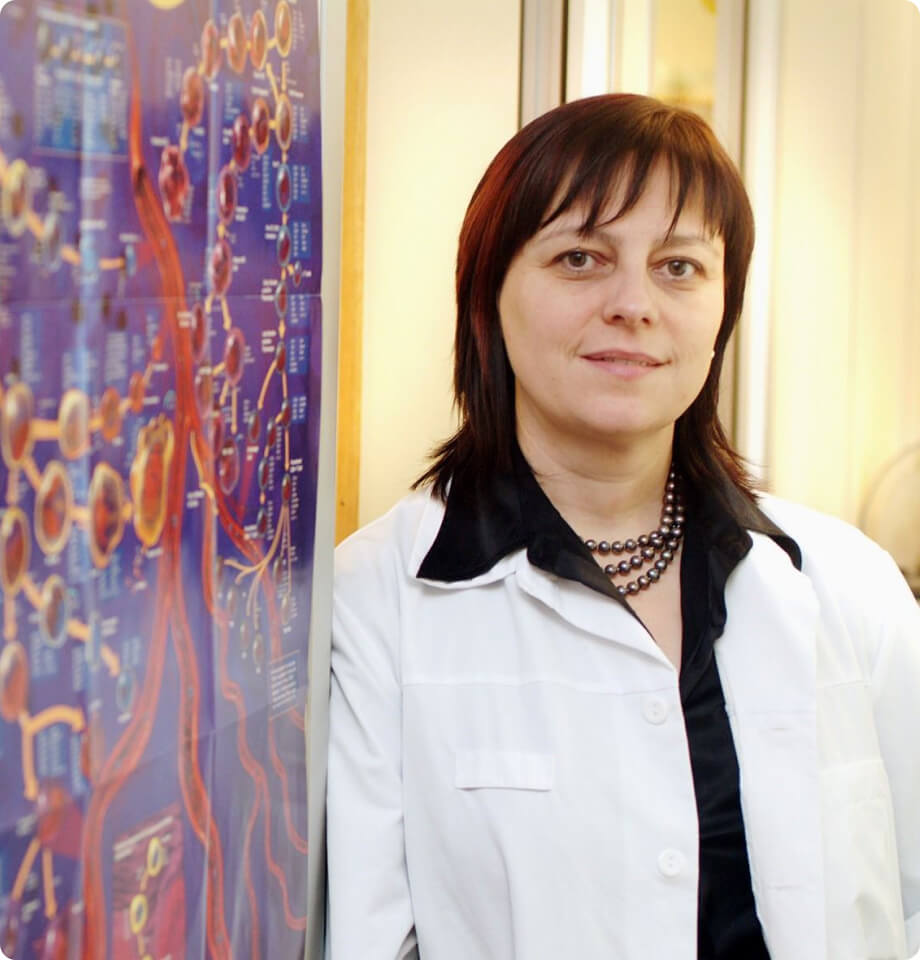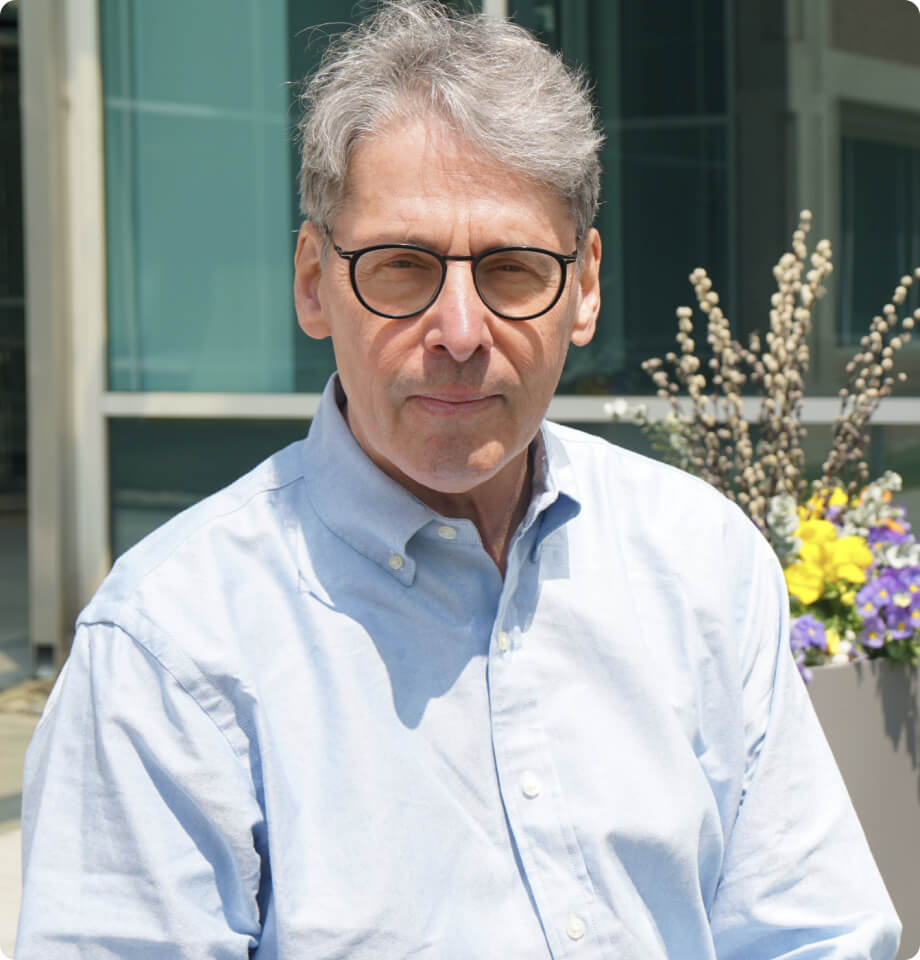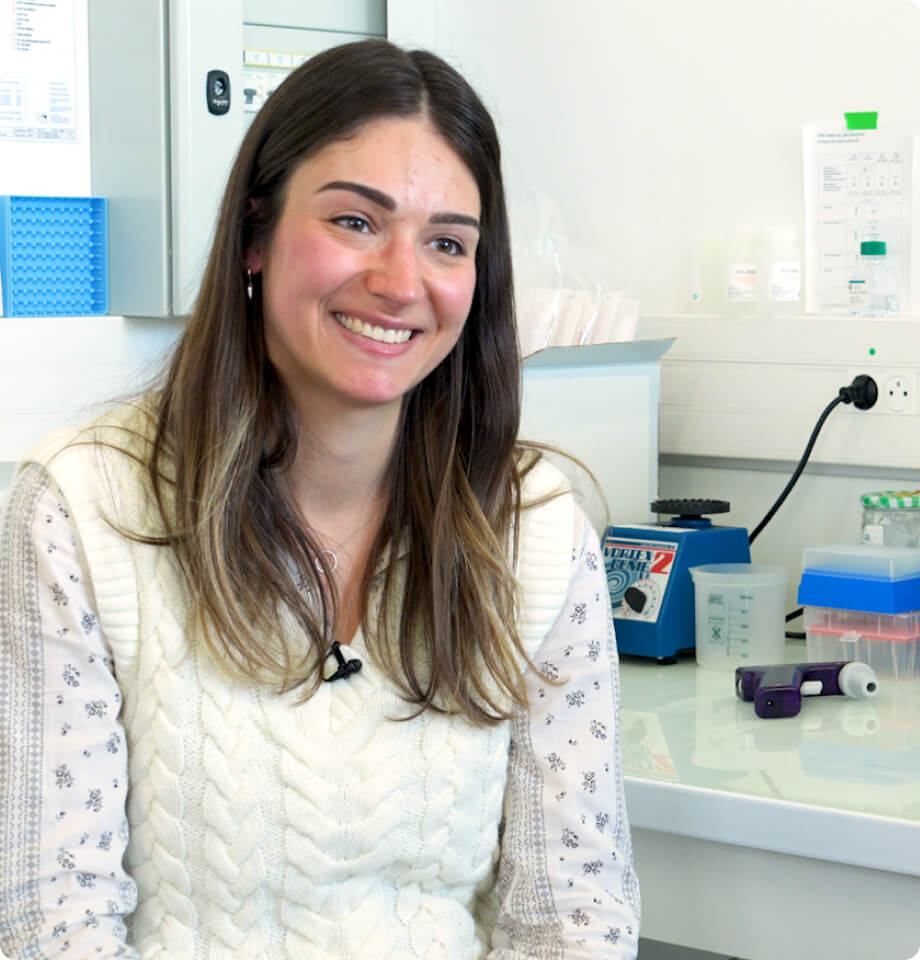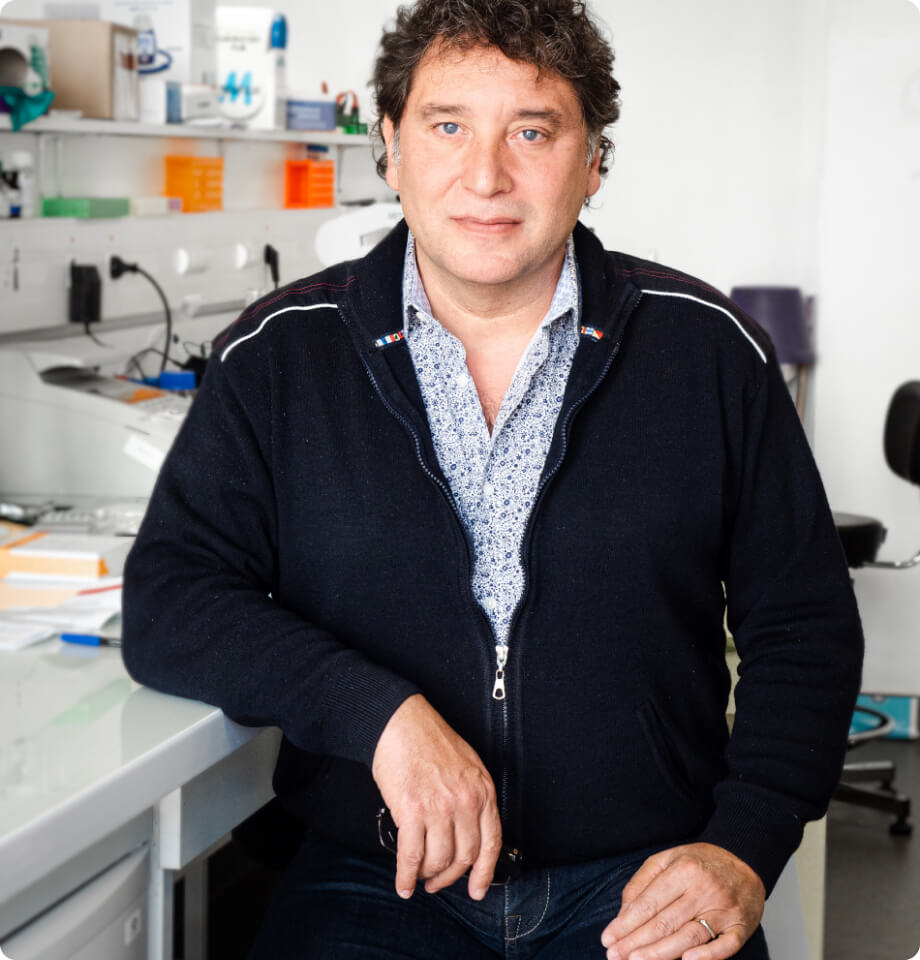
Luis Garcia
Director of Research at CNRS, Director of the ENDICAP laboratory – UMR 1179 Inserm-University of Versailles-St-Quentin, UFR santé Simone Veil, Special scientific advisor for SQY Therapeutics
I’ve had one fixed goal for more than 25 years: find a cure for Duchenne muscular dystrophy. At the time of the last Only Watch we were filing for a clinical trial authorization from the sanitary authorities for a molecule we’ve developed. Now we have that authorization, and we are starting the safety phase. But beware, it’s a sprint type of effort with the duration of a marathon: the trial is starting now but it’s the result of years of work and there are many more steps and developments to come, we must stay focused.
Without Only Watch we would not be where we are today, at a clinical stage, we would still be people with ideas. Thanks to the means it gives us, not only have we shown it’s feasible – we went from ground 0 to clinical stage – but it allows us to have the ambition to develop our technology for other diseases. A big thank you to the Only Watch community.
